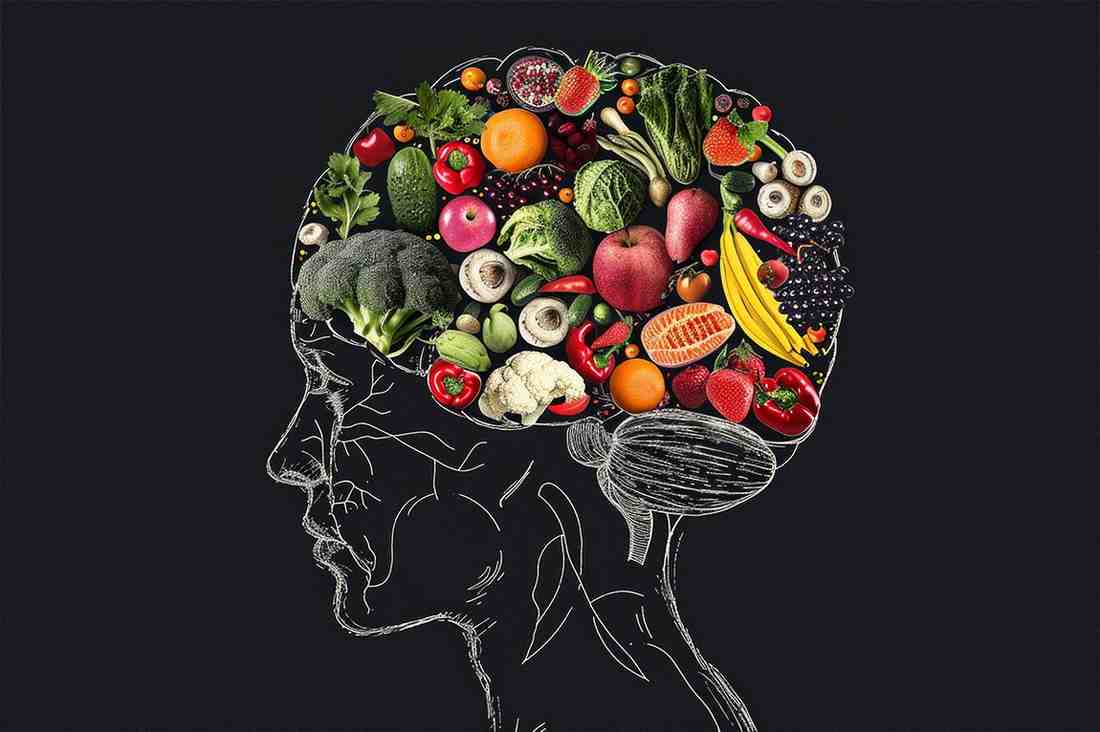Nutrition Support for ADHD & Autism Spectrum (Neurodiverse Care)
Understanding the Connection Between Nutrition and Neurodiversity
Nutrition plays a crucial role in supporting brain function, behavior regulation, and overall wellness for individuals with ADHD and Autism Spectrum Disorder (ASD). Research continues to reveal important connections between dietary choices and neurological health, offering hope and practical strategies for families seeking comprehensive care approaches.
Key Nutritional Considerations
Omega-3 Fatty Acids Essential for brain development and function, omega-3s may help improve attention, reduce hyperactivity, and support cognitive processing. Sources include fatty fish, walnuts, flaxseeds, and chia seeds.
Protein and Amino Acids Adequate protein intake supports neurotransmitter production, which is vital for mood regulation, focus, and behavioral control. Consider incorporating lean meats, eggs, legumes, and dairy products.
Micronutrient Support Key vitamins and minerals such as magnesium, zinc, iron, and B-vitamins play essential roles in neurological function and may be particularly important for neurodivergent individuals.
Gut Health and the Microbiome Emerging research highlights the gut-brain connection, suggesting that digestive health may influence behavior, mood, and cognitive function through the microbiome.
Practical Implementation Strategies
Sensory-Friendly Approaches Recognizing that many neurodivergent individuals have sensory sensitivities, nutrition plans should accommodate texture preferences, temperature sensitivities, and food aversions while maintaining nutritional adequacy.
Structured Meal Planning Regular meal times and consistent food routines can provide stability and reduce anxiety around eating, while ensuring steady energy levels throughout the day.
Elimination and Reintroduction Protocols When appropriate and under professional guidance, systematic approaches to identifying potential food sensitivities can help optimize individual responses to nutrition interventions.
Professional Support and Monitoring
Working with qualified healthcare providers, including registered dietitians experienced in neurodiversity, ensures safe and effective nutrition support tailored to individual needs, preferences, and medical considerations.
Description
This comprehensive guide explores the vital role of nutrition in supporting individuals with ADHD and Autism Spectrum Disorder. Drawing from current research and clinical experience, it provides evidence-based strategies for optimizing brain health through targeted nutritional interventions.
The content addresses the unique nutritional needs and challenges faced by neurodivergent individuals, including sensory sensitivities, feeding difficulties, and metabolic considerations. It emphasizes the importance of individualized approaches that respect personal preferences while promoting optimal health outcomes.
Key topics include the role of omega-3 fatty acids in cognitive function, the importance of protein for neurotransmitter synthesis, essential micronutrients for neurological health, and the emerging field of gut-brain health. The guide also provides practical implementation strategies that accommodate sensory preferences and behavioral patterns common in neurodivergent populations.
This resource is designed for families, caregivers, and healthcare providers seeking to understand and implement nutritional support strategies as part of a comprehensive care approach for ADHD and autism spectrum conditions.






















